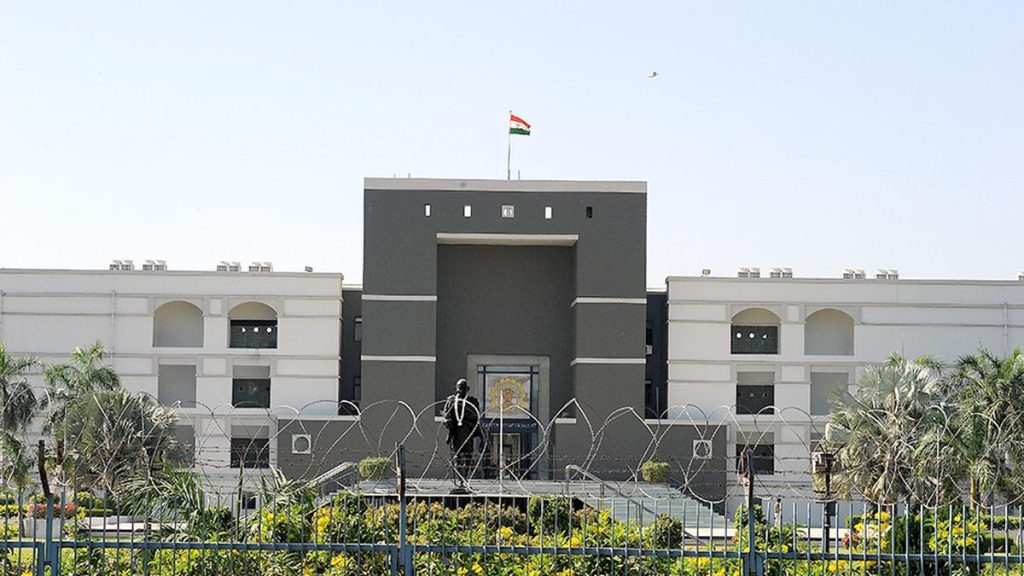Now Reading: Canada’s Canola Farmers Face Pressure from Dual Trade Disputes
-
01
Canada’s Canola Farmers Face Pressure from Dual Trade Disputes
Canada’s Canola Farmers Face Pressure from Dual Trade Disputes

Quick Summary
- canadian canola farmers are facing trade tensions with both the United States and China, creating uncertainty before planting season.
- Canola is a significant agricultural product for Canada, primarily exported as seeds too China and processed oil/meal to the United States.
- Beijing recently imposed 100% tariffs on Canadian canola oil and meal in retaliation for Ottawa’s tariffs on Chinese electric vehicles.
- The U.S., under President Trump, has threatened extensive tariffs on imports of Canadian goods. these disruptions have caused sharp declines in canola prices and affected related markets like European rapeseed.
- Farmers face challenges switching crops last-minute due to limited markets for alternatives and Canada’s investment in infrastructure supporting canola production over two decades.
- Experts like Chris Davison from the Canola Council of Canada urge Ottawa to resolve trade issues with China promptly amidst escalating tensions rooted in past diplomatic disputes.
Indian Opinion Analysis
The plight of Canadian farmers due to simultaneous trade conflicts with major economies underscores broader vulnerability faced by export-dependent agricultural industries globally. For india, this highlights critical lessons: diversification of export partners is essential to avoid over-reliance on few markets that may turn politically or economically volatile.
While Canada invested heavily in its canola processing infrastructure, India’s policymakers might evaluate similar risks when planning long-term infrastructure investments tied predominantly to single-crop exports or industries reliant heavily on international demand.
India stands relatively insulated from such acute dependence scenarios but could explore strategies-such as expanding domestic consumption-alongside cultivation diversity initiatives aimed at cushioning farmers against external market shocks like global tariff wars or geopolitical crises.
























